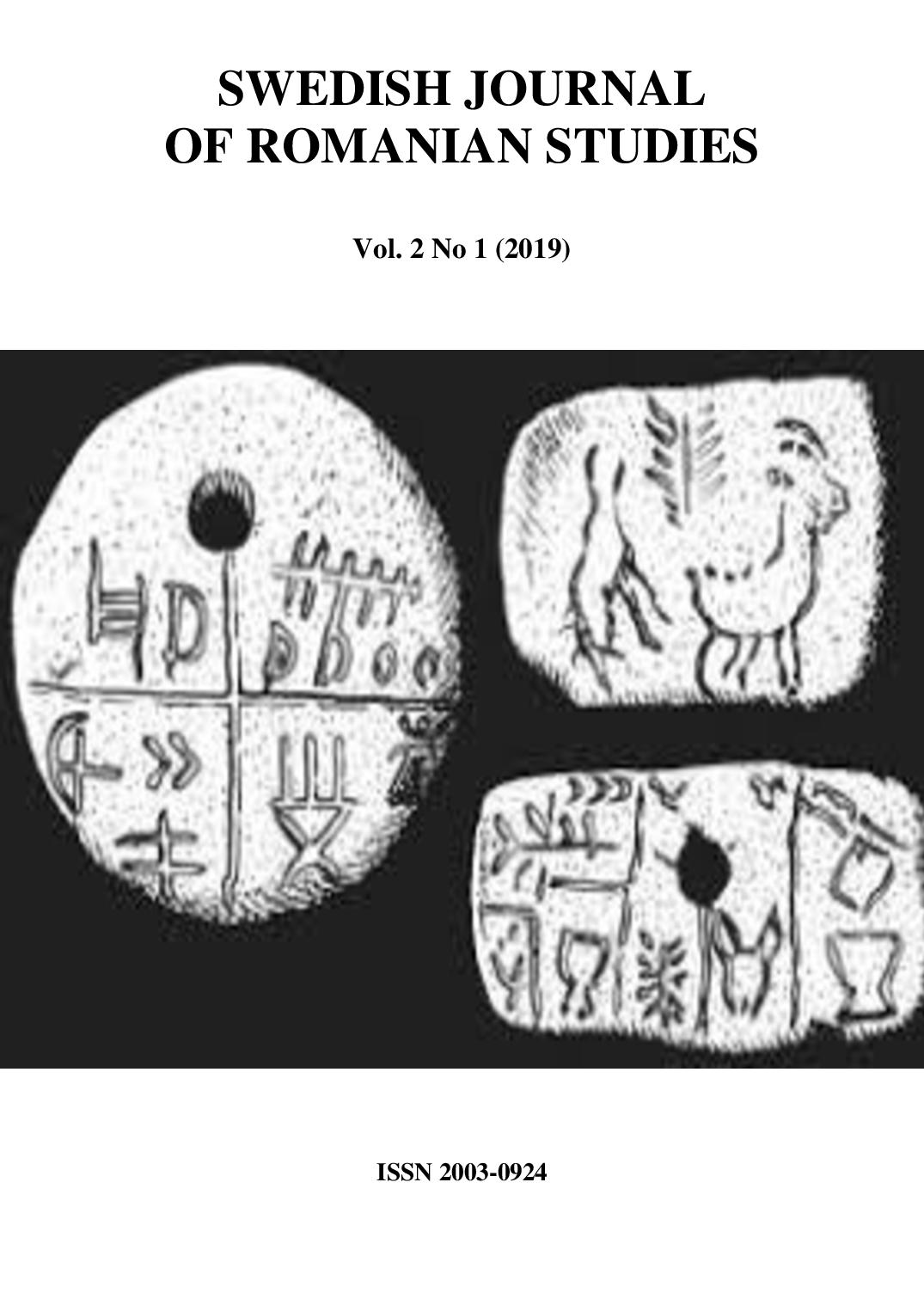Nostalgia originii la Andreï Makine, Testamentul francez și Sorin Titel, Țara îndepărtată
The nostalgia of the place of birth in Andrei Makine's French Will and in Sorin Titel's The Aloof Country
Author(s): Simina PîrvuSubject(s): French Literature, Romanian Literature, Theory of Literature
Published by: Språk- och litteraturcentrum, Lunds Universitet
Keywords: nostalgia; exile; native place; Makine, Titel;
Summary/Abstract: In the Middle Ages, exile meant expatriation, the prolonged absence from the native lands, one can say that a person is in exile when it is not possible to return back home. Exile involves unsettlement; the expatriated suffers from nostalgia and tries to recover his origin, the center, his home. Thinking about the past involves an idealized representation of lived history, which may have the effect of a mythical evocation of the past.The nostalgia is one of the central ideas of the novels of the Russian writer Andreï Makine, who has hardly built his identity as a Russian writer of French, his literary beginnings being not simple. The theme of the nostalgia and the parallel between two different worlds are constantly found in Makine's novels, and in The French Will it gets a special note. Andreï Makine says in interviews that he chose to write in French, but his country of origin is always in his soul.Another writer – Romanian this time – in whose novels we find the nostalgia of origins is Sorin Titel, who reveals an unusual world, Banat, where the writer was born. The estrangement from Banat has beneficial consequences in almost all respects. Established in Bucharest, the author has the nostalgia of Banat and transforms it into an epic projection, reinvents Banat. The removal from the places of origin, the distancing, the alienation, are mandatory conditions of the pilgrimage to himself, for only by being far from Banat he could reinvent him, using the memories of his childhood. Even the title of his first book with which he begins the recuperation is enlightening: The Aloof Country, signifying both the Banat, geographically, and the age of childhood, at a symbolic level.This is the case with the two writers, Andreï Makine and Sorin Titel, writers who being far away from their native places, have fictionally translated what they feel for home - Russia and Banat.
Journal: Swedish Journal of Romanian Studies
- Issue Year: 2/2019
- Issue No: 1
- Page Range: 34-41
- Page Count: 8
- Language: Romanian

